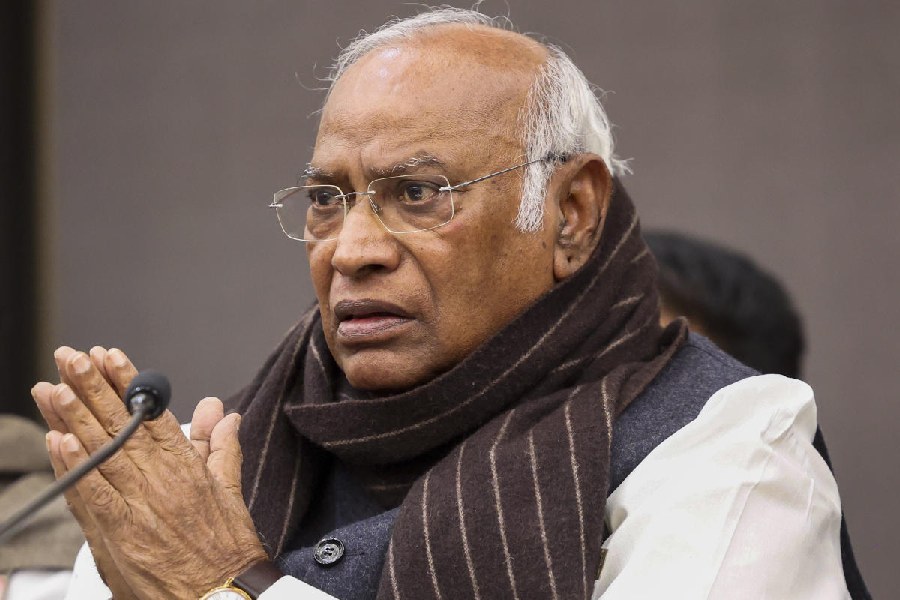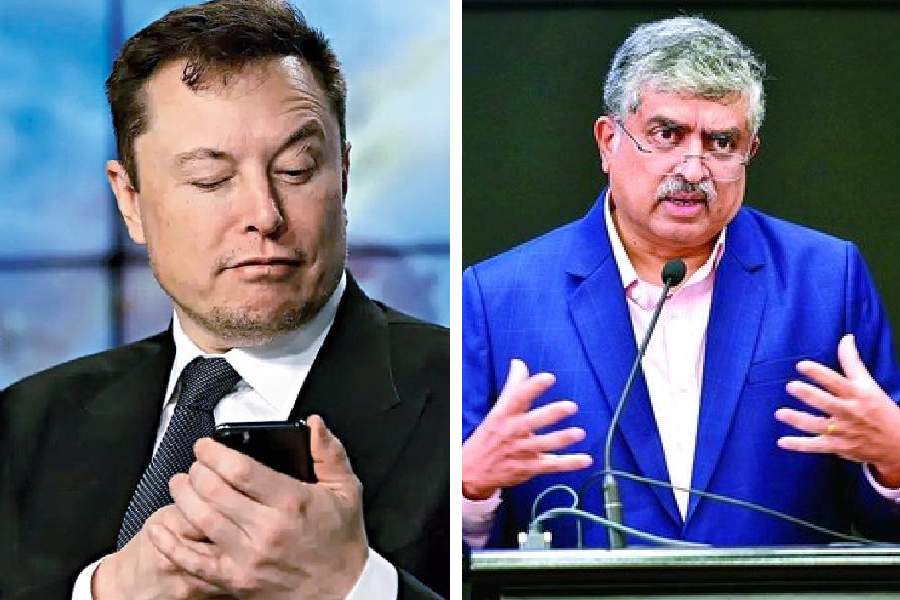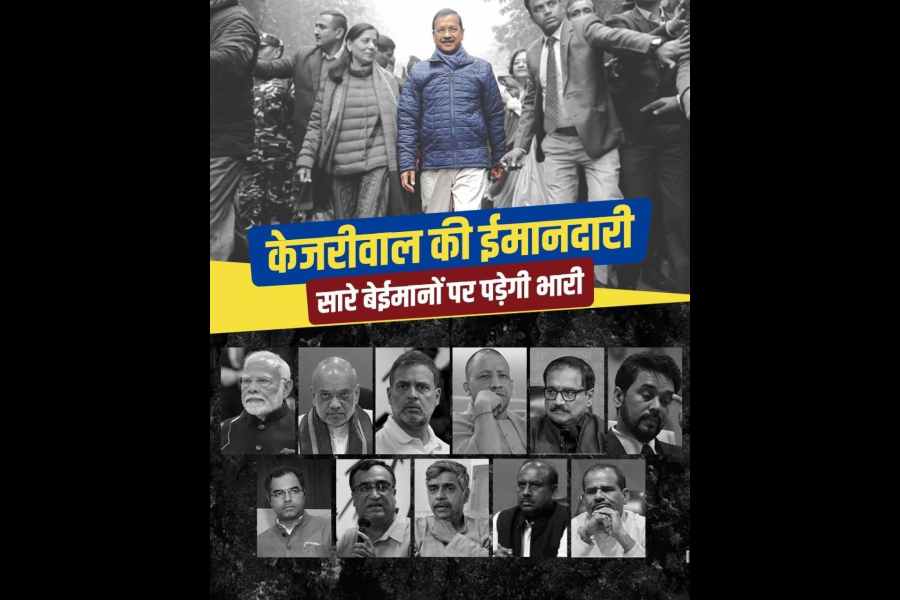Okay, it’s official. Dulquer Salmaan is the new dreamboat on the Bolly block. The Malayalam actor, who smoothly rode on to Mumbai shores last year on a karwaan of talent and charisma, is the best thing about his second Bolly film. Dulquer not only fits the bill as Nikhil Khoda, the dashing and dapper Indian cricket captain, but also brings in both alluring magnetism and guileless charm to his lover boy in this romantic comedy based on Anuja Chauhan’s 2008 novel, The Zoya Factor.
Optioned almost immediately after it became a bestseller, The Zoya Factor has taken more than a decade to make its way to the silver screen, prompting several changes. For one, Dulquer’s wicketkeeper-captain was clearly modelled on M.S. Dhoni in the book, but has been rewritten for the film to make him seem more like Virat Kohli. What the film retains is its look at the intrinsic link between cricket — regarded as a quasi religion in India — and the reliance on superstition and good luck charms, both from cricketers and cricket fans. The Zoya Factor, unfortunately, barely scratches the surface of its laden-with-possibilities premise, remaining at best a breezy rom com peopled with good-looking characters.
At the centre of The Zoya Factor is its eponymous heroine. Zoya Singh Solanki — played by Sonam K. Ahuja — goes from being a goofball advertising executive to the lucky charm of the Indian cricket team. The team, on a losing streak after Khoda takes over as captain, realises that they have suddenly started winning on the match days that Zoya joins them for breakfast. In a country dominated by superstitions, things escalate quickly and Zoya — born at the exact moment Kapil Dev and his boys lifted the World Cup on June 25, 1983 — finds herself being branded the team’s official lucky mascot and even accompanying them to the World Cup. This is at odds with Khoda’s belief in hard work and talent. Dismissive of the luck factor in the game, he’s the kind of leader who believes that “the more you practise the luckier you get”. Sparks fly between Nikhil and Zoya, but their contrasting views drive a wedge between the two, with the film finally limping towards a predictable all-is-well end.
In the book, Khoda was a “khadoos” who was initially at loggerheads with Zoya and was then involved in a blow hot-blow cold equation with her. The Mills & Boon-styled standoffishness that was second nature to Khoda in the book added to his Heathcliff-ian charm, but the film — in an effort to cram a 450-page read into a two-hour watch — makes Khoda a lovable bloke from the get-go, rendering him largely unidimensional. It’s to Dulquer’s credit that he makes the underwritten character much more than what it is on paper, switching on both charm and charisma and also bringing on the attitude and approach of an eye-on-the-goal skipper.
Sonam looks the part — Zoya’s soft curls and shiny disposition was an important part of the book that led to the reader creating an image of her — but her klutzy desi Bridget Jones is something we have seen her play in Khoobsurat, with even Zoya’s wardrobe seeming like the extras thrown out of that film. The performance is laboured, except when Zoya has to be a ditzy motormouth and spout lines like, “I am a gift from the cricket gods”.
The character frequently breaks the fourth wall to speak to the audience, but Sonam’s clunky dialogue delivery ensures that the impact is somehow lost. Delhi’s Karol Bagh, with its nouveau-riche look and feel, its gaudy shop facades and showy mansions, was almost a character in the book. Transposing the action to a sanitised Mumbai neighbourhood takes away from much of the flavour that made Zoya the person she was in the book.
The marriage between cricket and advertising means increased scope for numerous product placements, but not all of it is woven into the narrative seamlessly.
The Zoya Factor doesn’t aim to be lofty cinema, but is not even consistently watchable. The first half, with Dulquer dominating almost every frame, is harmless fun, but the film becomes a slog in its slog overs. Though centred on cricket, the film hardly focuses on the game, with the simulated cricket matches being a big #fail. There is a Shah Rukh Khan-inspired sattar minute-styled pep talk in the break, but the final match doesn’t have the nail-biter quality of Lagaan.
SRK — with a detailed description of his abs peeking out from beneath his tee — devoured several pages of the book, but here the actor features only in a voiceover that’s played out at the beginning and the end of the film. But we do get to see Dulquer’s six-pack here, which is not bad compensation at all.
DQ apart, what works in The Zoya Factor is a delightful cameo from Anil Kapoor who plays himself and shoots lines like, “I am from Hollywood, yaar!” Add to that the fun Hindi commentary that accompanies some of the matches. Our favourites? “Bail stumps ke saath aise chipki rahi jaise Deepika ke saath Ranveer” and “Ball dono fielders ke beech mein se aisi nikli jaise Dhoom mein John Abraham”.
If The Zoya Factor was even half as entertaining as this, we would have had a match, er film, on our hands.










